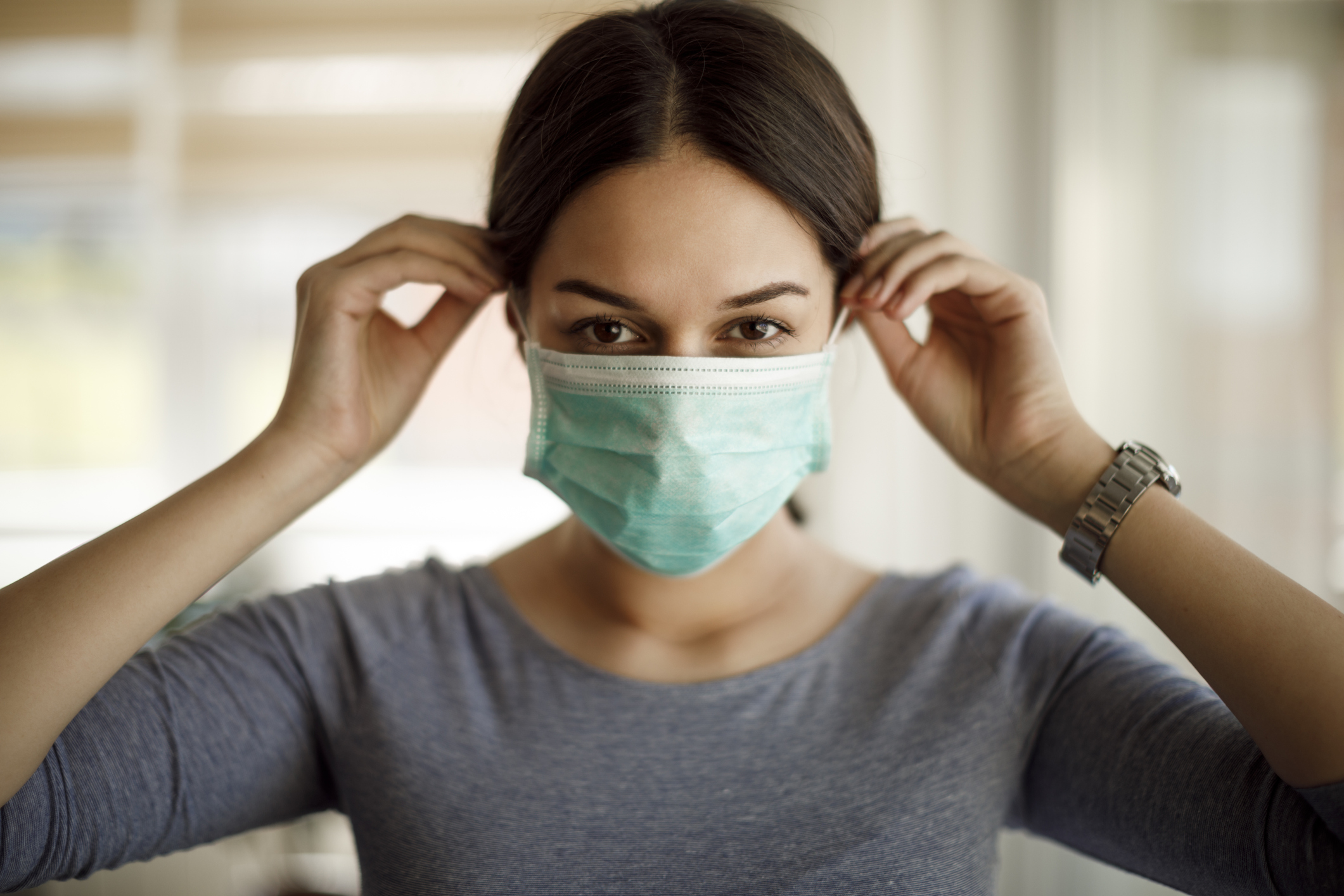
By Dr. John R. Mishock, PT, DPT, DC
In our local communities, it appears the COVID-19 “curve has flattened” with a 14% positive infection rate (individuals tested at the community-based testing sites Whitpain and Norristown) down from a high of 24%. The bottom line, 14% of individuals who have symptoms are positive for COVID-19 at those sites. This number has stayed the same over the last two weeks.
Montgomery County has 4,310, while Berks County has 2,748 positive cases of COVID-19. Pennsylvania has a total of 46,971 cases and 2,354 deaths. Keep in mind that the most vulnerable are those over age 65 years with underlying health conditions. In Montgomery County, there have been 293 total deaths from COVID-19, 249 were residents of long-term care facilities or nursing homes, representing 85% of the total deaths. In Berks County, 60% of the total 153 deaths have come from long term care facilities and nursing homes. Statewide, 68% of all COVID-19 deaths have occurred in those facilities. Clearly, this population must be protected.
Fortunately, COVID-19 has little impact on children ages 1-17. In Pennsylvania, 2% of all cases of COVID-19 are under 18 years of age. Of all reported cases in the U.S., only 1.7% are children. Most of the kids are asymptomatic (up to 68%) or have minor symptoms of cough and fever. Tragically, 3 children died, all had underlying health conditions. In contrast, this year’s seasonal flu has killed 144 children. (CDC,2020)
Scientific evidence continues to mount on the numbers of cases of individuals that have COVID-19 with no symptoms. Researchers say that 25% to 50% of people with COVID-19 are unaware they have the virus. (Clin. Infect. Dis, Lancet). Locally 942 prison inmates were tested for COVID-19 with 171 tested positive and have no symptoms. (Mercury,2020)
The fact that many people are asymptomatic is excellent news; however, it also means that COVID-19 could be spread to those most vulnerable unknowingly. This is why vigilance in continuing the CDC prevention techniques (frequent hand-washing, wear a face mask, clean and disinfect, social distancing, stay home when sick, cover cough or sneeze) is critical as we open up our communities.
Why should I wear a face mask?
The CDC and Pennsylvania State Government recommend the widespread use of simple cloth face coverings or masks to help prevent transmission of COVID-19. Wearing a mask prevents your expelled water droplet from traveling a distance that could infect another person. Keep in mind that COVID-19 can only be spread from an infected water droplet that is expelled through a cough, sneeze, talking, and or breath.
How do the different types of masks work?
N95 masks
N95 mask offers the most protection from COVID-19. The name indicates that the mask is designed to block 95% of microscopic particles. This type of cover is used by health care providers who may be exposed to COVID-19 patients. The N95 protects both the wearer of the mask and those individuals around them.
Surgical masks or Dust mask
A surgical mask or dust mask filters out large particles in the air. They are much less protective then N95 masks in protecting the individual from contracting COVID-19. These types of masks do protect others by reducing exposure to the saliva and respiratory secretions of the mask wearer. In a study of cloth masks versus surgical masks, the surgical mask was 3 times more effective in blocking transmission than the homemade mask. (Disaster Med Public Health Prep. 2013)
Cloth masks
While surgical and N95 masks are in short supply, cloth masks are more accessible and reusable. Similar to surgical masks, a cloth mask is worn to help protect others from the virus. A study by researchers in the U.K found that 69% effectiveness in the spread of the virus with cotton material. (Lancet,2013)
How to wear a cloth face mask
1. Before putting on a face mask, wash your hands with soap and water for at least 20 seconds or use an alcohol-based hand sanitizer (with at least 60% alcohol). Without touching the front of the mask, secure the ties behind your ears or head. Place your mask over your mouth and nose.
2. While wearing the mask, do not touch the mask or your face. When removing the mask, take off the ear loops or ties first.
3. Do not touch the front of the mask or your face when removing the mask.
4. After removing the mask, wash your hands with soap and water for at least 20 seconds (or use hand sanitizer).
5. Cloth face masks should be washed routinely with soap and water or laundry detergent to prevent contamination.
Additional COVID-19 Articles
COVID-19: Scientific Update” 04/26/2020
Coronavirus (COVID-19): Strategies to Optimizing the Body’s Immune System at Home
Coronavirus (COVID-19): Understanding the Science, Improving Immunity, and Preventing Disease Part I
Dr. Mishock is one of only a few clinicians with doctorate-level degrees in both physical therapy and chiropractic in the state of Pennsylvania. Mishock Physical Therapy & Associates has seven convenient locations in Gilbertsville, Skippack, Phoenixville, Barto, Limerick, Pottstown, Steiner Medical, at www.mishockpt.com.
